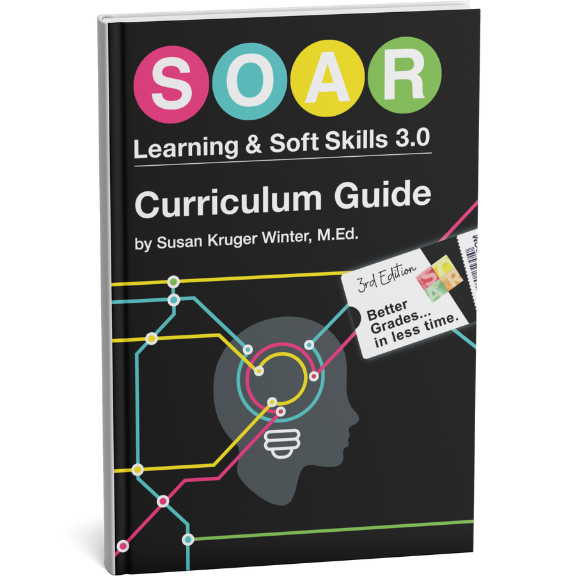Highlighting & Talking: Suggestions for Sierra Leone
I know that everyone has their minds on “turkey,” but I only received one response to Creative Ideas Needed for Orphans in Sierra Leone, West Africa. The idea comes from Laura H. (not to be confused with the Laura who is working with the orphanage in Sierra Leone):
Highlighting
“Not sure how helpful this may be, but if supplies are relatively easy to get– how about highlighters? If the students must write verbatim, then perhaps at home they can go through their notes and highlight the 5 or 10 most important ideas and ask themselves, ‘Why is this more important than the other?’ In this way, they may have a better idea of the key ideas from each lesson without changing the system.”
– Laura H
I’m also inclined to think that, even if they don’t have highlighters, they could underline the most important points. Thanks, Laura H, for taking the time to share your input!
Verbal Learning Skills
Considering the severe limitations of resources, it seems to me that developing the verbal learning skills would be one of the best leverage points for these students. By nature, humans are social creatures, and I have witnessed many students benefit from social learning activities.
For example, my web-based study skills classes are very social! Due to the platform in which we conduct the class (via telephone and computer screen), the teacher does a lot less talking than in a traditional classroom setting.
Instead, the students do a lot of sharing…and a lot more listening! As they share their experiences, their peers pay close attention. I truly believe students in our web-based classes get much more out of those classes than students in our live, “in-person” classes, specifically because of the peer interaction.
How Would This Apply To The Students In Sierra Leone?
Think-Pair-Share: This is an activity where students pair up and share a quick, 1-2 minute summary of the most important points that they learned in a specific lesson; one person speaks, one person listens, then they swap roles. (This compliments Laura H’s suggestion.)
“How does this information connect to something I already know/understand?” Since everything we ever learn is acquired by connecting new information to “existing” information in our brain, this high-level question will help students “file” information in their brain and better recall it when necessary.
The process of forging connections with learning also builds some of the high-level/critical thinking skills that were of concern.
“When might I need this information in my life?” This is another high-level question that can help students identify the relevance of specific lessons.
I hope some of these suggestions are helpful. I welcome additional insights via email or on the blog. Meanwhile, I wish my USA friends a Happy Thanksgiving. And, to my international friends, I wish you a day of gratitude and thankfulness, as well.
-Susan Kruger
EB 091317
Six Steps
Conquer the Chaos
Get Our Free Guide & Information on...
 How to Organize & Motivate Students for Success
How to Organize & Motivate Students for Success
"*" indicates required fields
Get Our FREE Curriculum Guide!
The SOAR® Curriculum
The most critical learning, organizing, and communication skills needed for school. Learn more here.
Who’s Using SOAR®?
SOAR® Guarantee
Click here to learn more.




